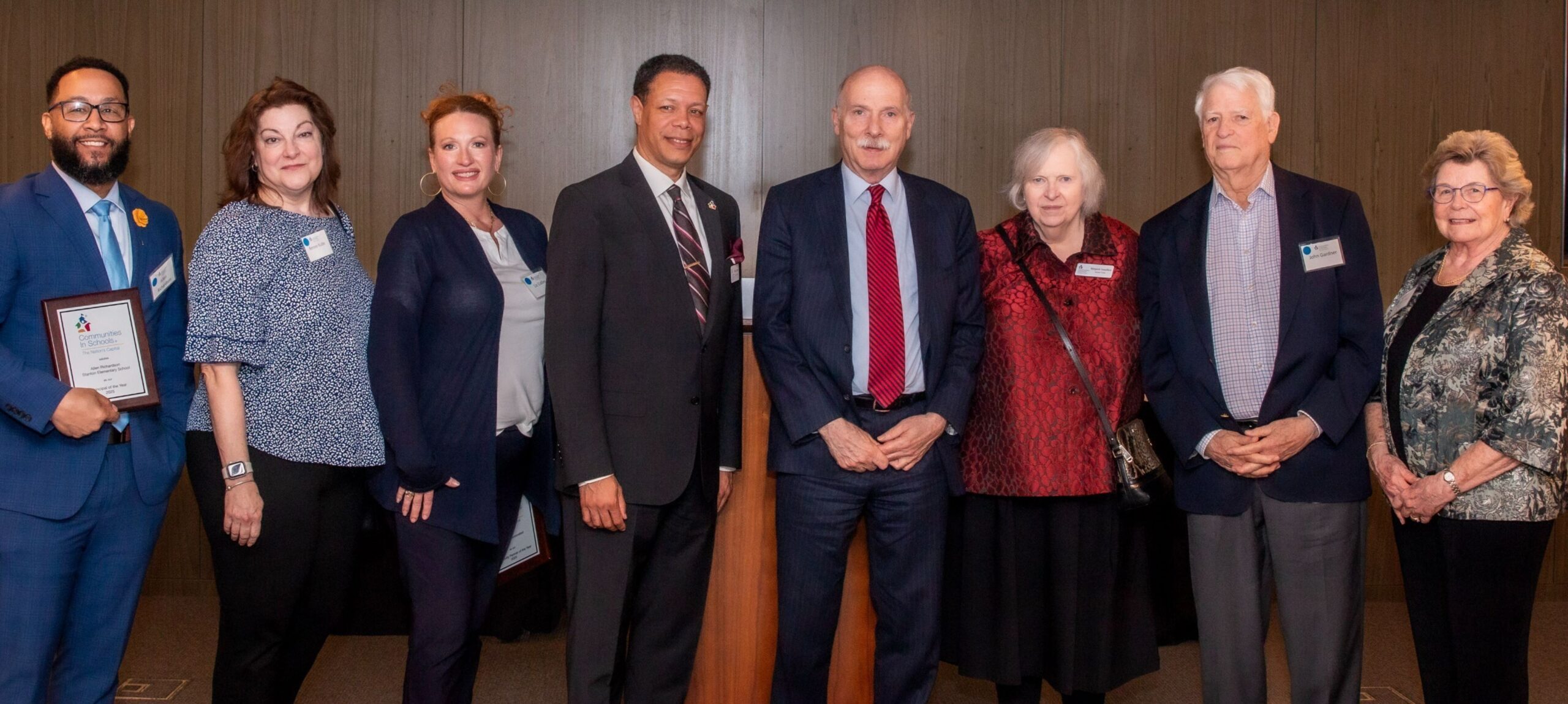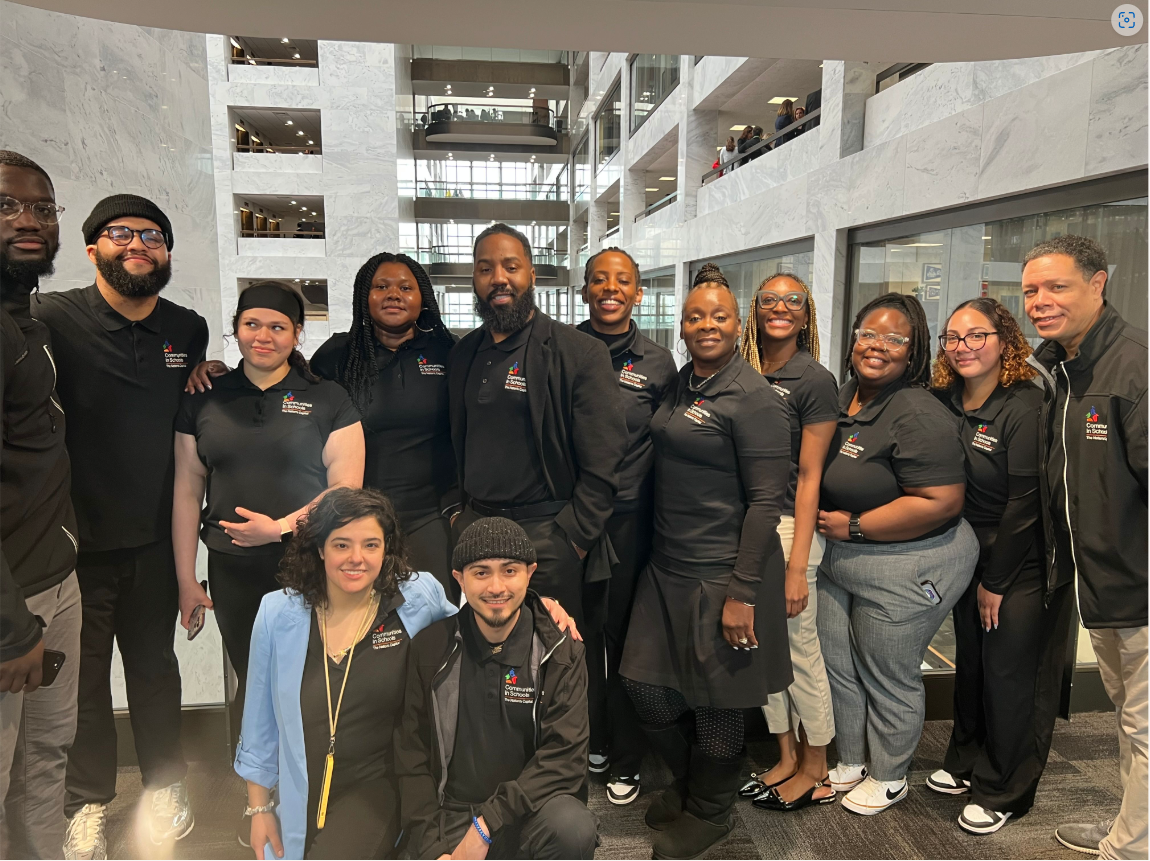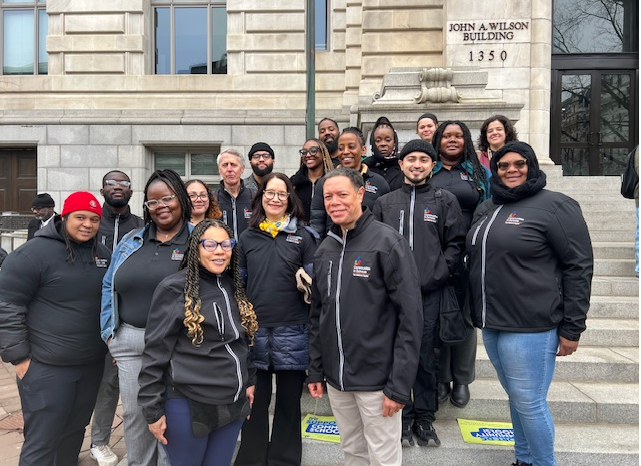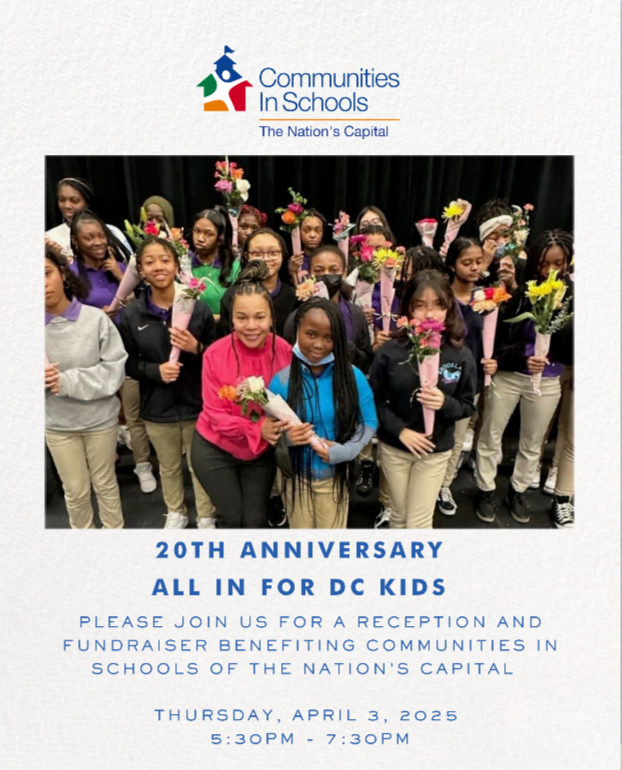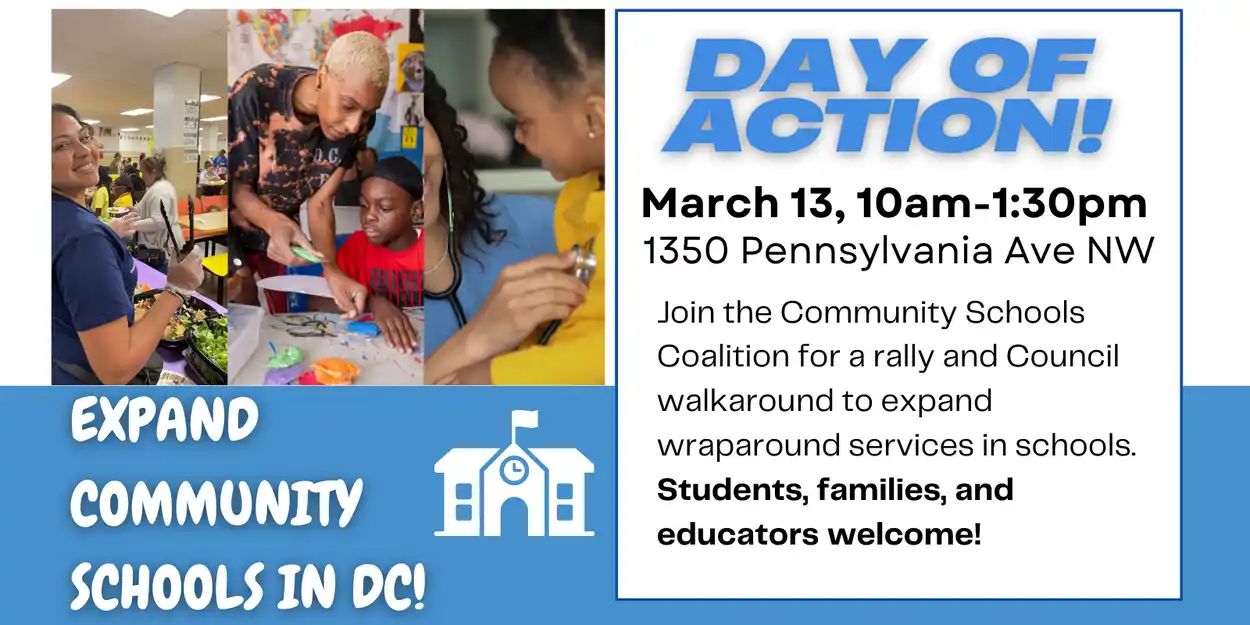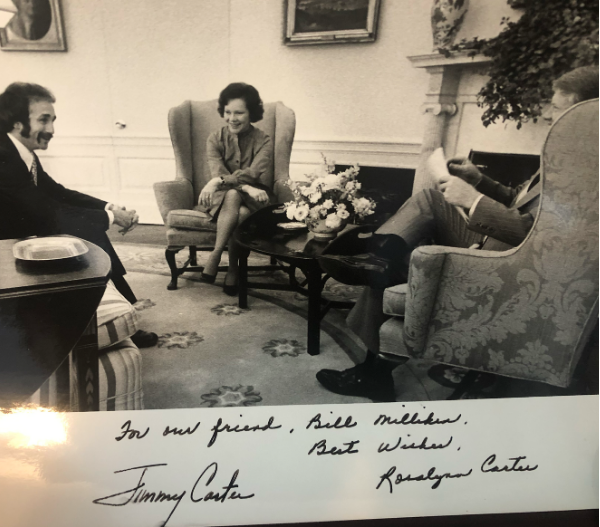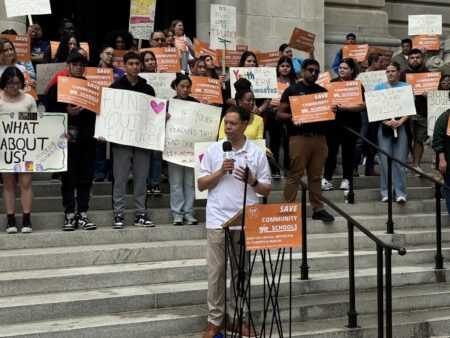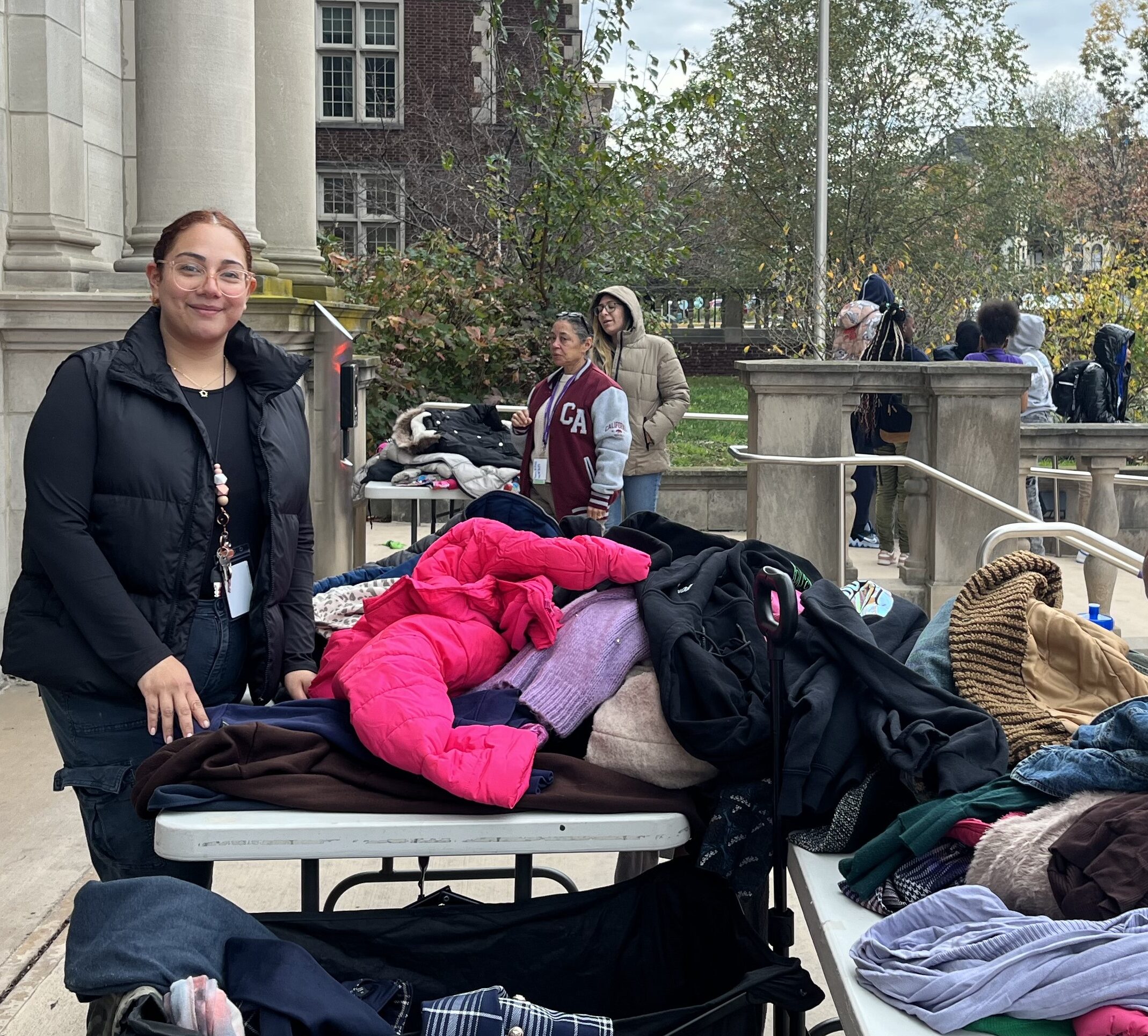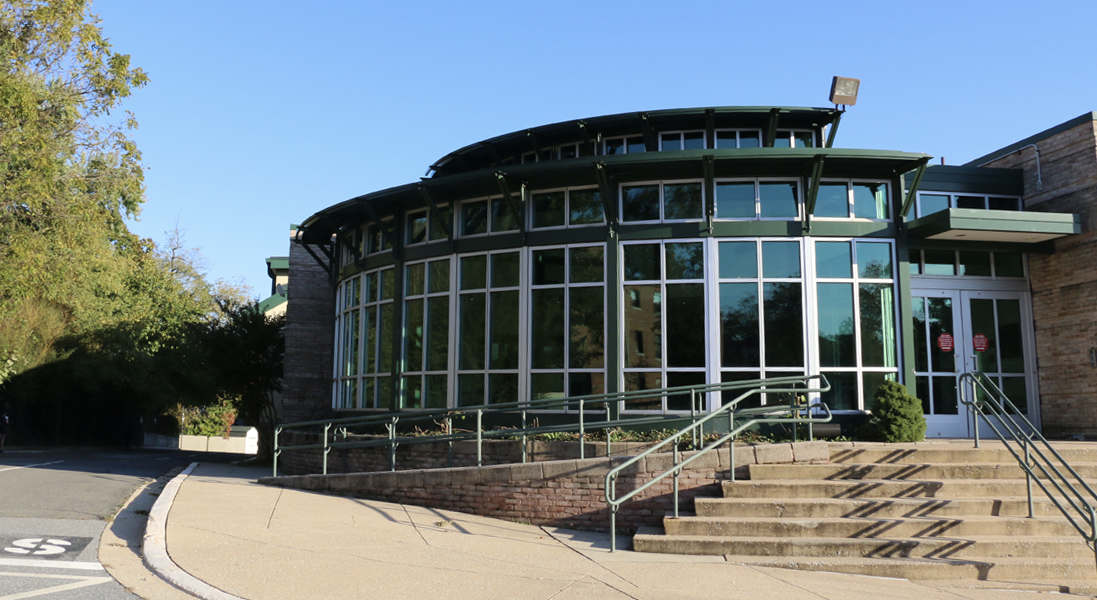| As someone with more than 20 years of experience in youth development in DC, I have witnessed firsthand the importance of collective action in driving positive student outcomes, especially for our most vulnerable populations. As students across the District return to school, our city must come together to deal with a crisis that, if left unaddressed, will have long-term consequences for our children and our community.
According to the D.C. Policy Center’s most recent “State of D.C. Schools” annual report, 44% of students were chronically absent in the 2022-23 school year, with absenteeism rates still significantly higher than pre-pandemic levels, which stood at 29% during the 2018-19 school year. Among high school students, chronic absenteeism was especially alarming, reaching 60%.
As a resident of Ward 7, a father and a leader of a nonprofit organization that supports students across the city, particularly those in schools east of the Anacostia River, I understand the immense pressure on individual school leaders to address this issue. However, this is not a challenge that can be overcome within the confines of a single school building, a single system or even a single solution.
With the start of the 2024-25 school year, we have a unique opportunity to reimagine how we support our youth and address the barriers that have kept so many from the classroom. This is not just about getting students back into school buildings; it’s about creating an environment where every child feels valued, supported, and inspired to learn. We have the chance to implement strategies that not only reduce absenteeism but also foster a culture of engagement and success.
This moment calls for bold action and a collective commitment to invest in our children’s futures. Together, we can turn the tide on chronic absenteeism and help every student achieve their full potential. We need to provide school leaders with the autonomy and funding necessary to implement proactive and positive strategies to combat absenteeism. These steps should include:
- Offering rewards and recognition to students for regular attendance
- Providing targeted support and interventions to students at risk of missing school
- Creating a positive and engaging school environment that encourages attendance
- Expanding wraparound services that address the various needs of students and their families
- Conducting home visits to strengthen connections between schools and families
- Fostering meaningful relationships between students and caring adults in the school community
I speak from experience because this is the work that I do every day, alongside my dedicated colleagues at Communities in Schools of the Nation’s Capital. This past school year alone, our team supported over 4,000 students and families, helping them overcome the obstacles that stood in the way of their academic and personal success. And our outcomes speak for themselves:
- 65% of our students improved attendance.
- 100% stayed in school.
- 100% graduated.
- 79% improved academics.
- 90% of our students improved behavior.
The solution to this crisis is not merely to compel students back to school but to understand and remove the barriers that keep them away. Whether it’s poverty, health issues, violence, transportation challenges, or family responsibilities, these obstacles must be addressed head-on. We have a unique opportunity to invest in proven strategies that can make a real difference.
By providing students with the necessary incentives, interventions and supportive relationships, we can help them overcome their challenges and see school as a safe and nurturing environment. Students who complete high school and pursue higher education or career opportunities are more likely to return to their communities and contribute positively to society.
This school year, we owe it to our students, to the residents of this city, and to the rich legacy and hopeful future of Washington, DC, to invest in strategies that reduce chronic absenteeism. Now is the time to act — let’s ensure that every student has the opportunity to succeed.
You may donate online at Donate – Communities in Schools – Nation’s Capital |
